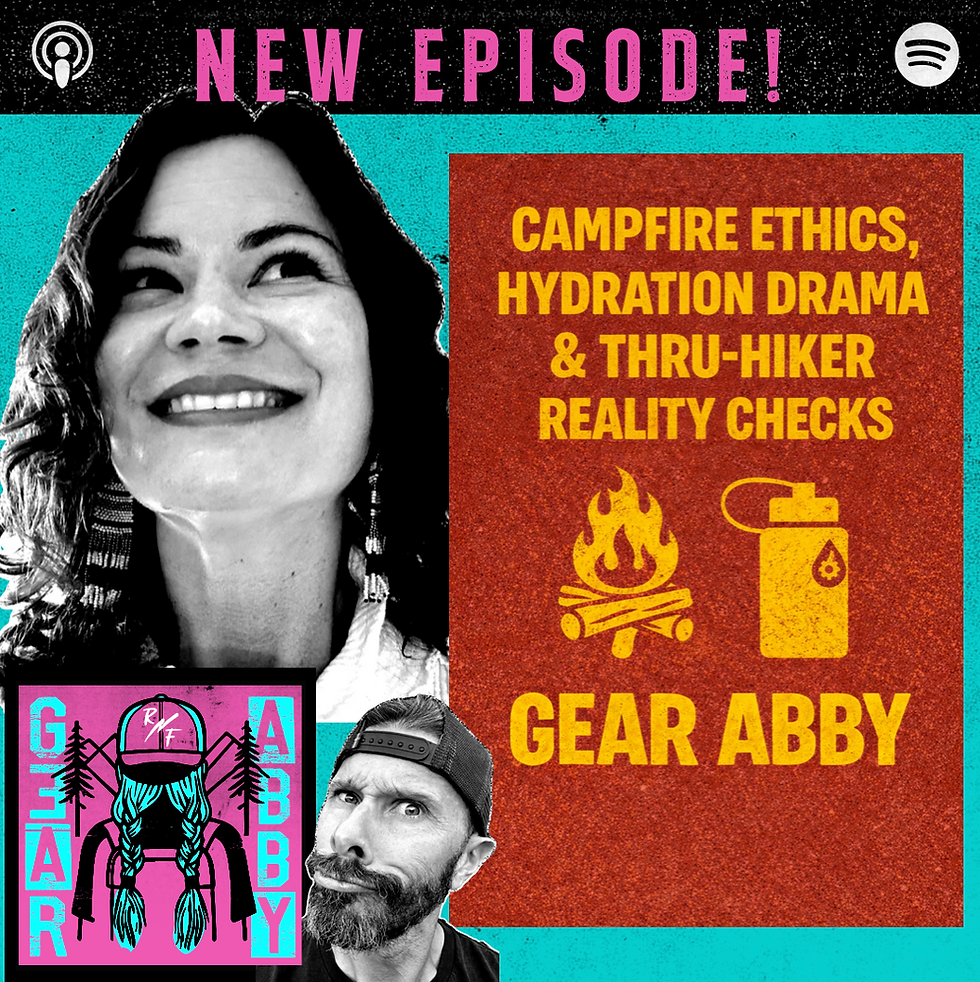Climbing Toward Compassion
- colin7931
- Sep 24, 2025
- 3 min read

Can time in the mountains make you a better person?
I think about this question often. My time in wild places—on peaks, in the beautiful isolation of deep powder, in the far reaches of the world—has certainly changed me. It has made me more confident, and I hope more compassionate. It has made me more in tune not just with my rhythms as an athlete, climber, and inquisitive human, but also with the greater workings of the world around us.
It’s no coincidence that so many outdoor athletes are engaged in climate action right now. They see what’s happening to the planet firsthand. They see how it affects glaciers, wildlife, weather. Of course, the chance to travel the world, to climb, ski, paddle is a privilege, and with that privilege must come responsibility. Outdoor adventurers are deeply engaged with the fate of the planet and its wild creatures. Yet all too often, we overlook the human element of the places we visit. To me, this is the most important part.
When we travel to the Himalaya, we are there as visitors in a space that has been understood and revered for generations; long before Westerners carved inroads with guiding companies. I’ve been captivated by Wade Davis’s outstanding book Into the Silence, which chronicles the quest for the summit of Everest undertaken by British veterans of World War I. It ends with the disappearance of Mallory and Irvine in the clouds on Everest’s north ridge, leaving behind the mystery of whether they ever reached the summit. The book reflects a different age, when nations interacted as imperial powers, when parts of the globe remained untraveled, and when conquest often meant claiming landscapes with little regard for the people already living there.
Here in the U.S., our own imperialism consumed the continent. Some bristle at the idea that we live on stolen land, but it is true: genocide was committed in the name of America. I don’t think shame is the most useful response. We can’t return to the world our ancestors inhabited, but we can try to understand the one they left behind and consider how best to live within it today. We are privileged and lucky to climb, ski, and hike these beautiful public lands, but we must always remember that people were displaced so we could be here.
Don’t react against that truth, carry it with you. Let it shape how you interact with the land and with the descendants of those who lived here for millennia.
I think our idea of exploration needs to change and I do see that change happening in the work of the best explorers today. The planet is no longer full of “empty spaces.” Yet we still fight, kill, and exist in conflict with ourselves and our environment. Can we change that as advocates of the outdoors? Can we make a difference as explorers?

I think of Kilian Jornet, racing across the mountains I can see from my backyard. He's attempting to link the Colorado, California, and Washington 14ers in a single month using nothing but human power. In that quest, he says he wants not just to move quickly through the peaks, but to understand the West, its people, and its landscapes all at once.
And yet, perhaps even braver expeditions are unfolding now, in a world where wars and conflicts rise up again despite our intelligence and our emotional capacity for peace. I think of Jeremy Jones, a snowboarder who once sought out the steepest lines and deepest powder he could reach under his own power. He has since dedicated his life to protecting our winters, working to ensure that future generations still have snow. Exploration, then, doesn’t have to be only about objectives and conquests. That part is beautiful and fun, but it can also be about connection.
My friend James Edward Mills has long advocated for telling the stories of Black American adventurers and explorers, narratives too often erased or ignored. This, too, is a form of exploration: rediscovering and amplifying stories that help us understand the full scope of our shared outdoor history.
There are also groups that sponsor what they call “humanitarian expeditions.” CHOICE Humanitarian, for example, sends participants on journeys of “compassion and connection” in places across the globe where help is needed. Around the world, you can find opportunities to turn privilege into cooperation, and to set yourself against the natural challenges and wonders of this planet.
Growing as a thinking, compassionate human being is perhaps the greatest undertaking of this short life.
Doug Schnitzspahn's Opened Container is a weekly column that highlights Doug's unique point of view on the intersection of outdoor culture, policy, business, politics, and conservation. To hear more, listen to Doug's podcast Open Container by clicking here. Let's get some.




